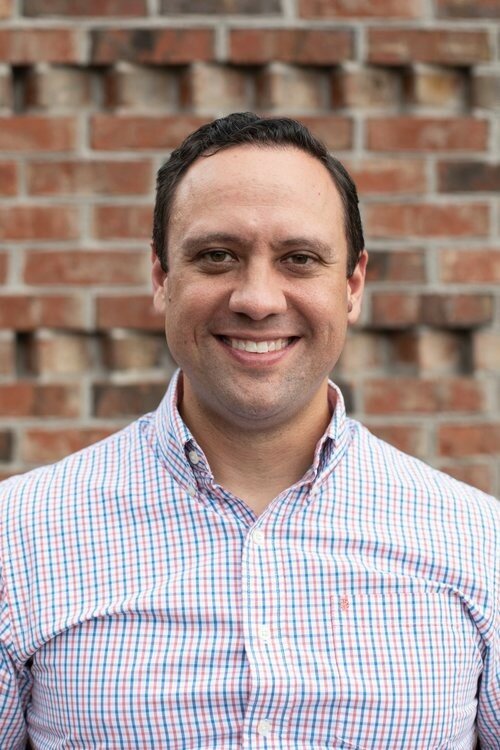Dooley Noted: Fool me twice, shame on me?
“Fool me once, shame on you. Fool me twice shame on me!” This ancient proverb dates back to the 17th century book, The Court and Character of King James, written by Anthony Weldon. Intended to be a lesson about learning from our mistakes, the modern takeaway for many is to write off those who do you wrong permanently. In fact, we might even use it to justify our sustained bitterness and resentment toward other people.
But is the statement biblical? Are we free to sever all ties with those who wrong or disappoint us? By requiring us to forgive up to 70 times seven times (Matt. 18:22), Jesus communicates His expectation that our forgiveness of others should be just as radical as His forgiveness of us. Certainly, these words do not suggest that God prizes our gullibility, or that He takes secret pleasure in our being taken advantage of by others. Yet, we should attempt, as much as it depends upon us, to live at peace with all people (Rom. 12:18).
But how do we do it? Tucked away in Paul’s final epitaph is a short verse of Scripture that provides an instructive example to guide us. The significance of these words is often lost due to their historical simplicity. Paul requests of Timothy, “Pick up Mark and bring him with you, for he is useful to me for service (2 Tim. 4:11).” Nothing remarkable on the surface, but behind these words is not only a remarkable demonstration of radical forgiveness, but also of a much needed second chance. Reading these tender words without a brief recollection of Paul’s first missionary journey misses the point entirely.
Back in those days, Paul locked arms with his friend Barnabas to spread the gospel far and wide. Both men must have seen tremendous potential in young John Mark, for they invited him to journey with them. Though he initially agreed to accompany Paul and Barnabas, Mark soon deserted them in order to return to Jerusalem (Acts 13:13). Chalk it up to homesickness or immaturity, but whatever the cause, this emerging leader failed miserably.
And apparently the Apostle Paul could not forget it. When the time came for Paul and Barnabas to set out on their second missionary excursion, Barnabas wanted to offer an olive branch to Mark by including him again. Doing so seemed to be a risky proposition. After all, fooling them once was Mark’s fault. But if history repeated itself, the blame would rest squarely on those who were naïve enough to make it possible.
Thus, the Bible says that, contrary to Barnabas, “Paul kept insisting that they should not take him along who had deserted them in Pamphylia and had not gone with them to the work (Acts 15:38).” So severe was the disagreement that the two friends went their separate ways, Paul linking up with Silas, and Barnabas rolling the dice on Mark. Though we know few details about their interactions afterward, Paul’s next assessment of his disappointing friend is far more favorable.
Bring me Mark, for he is useful to me for service. I love the humility and reconciliation dripping from what appears to be a matter-of-fact statement. What changed Paul’s mind? Only heaven will reveal all the particulars. But what we do know is that faithfulness to the Lord will require us, just like the ancient apostle, to forgive those who let us down along the way. The longer we walk with God the more necessary it becomes to offer forgiveness to those who hurt us and to seek forgiveness from those we failed.
Should we watch for life change after people apologize? Yes. Does forgiveness guarantee reconciliation with others? Not always. Is it wrong to look for signs of growth and maturity after someone deceives or wounds us? Not at all. Does showing grace require us to be naïve and gullible? Absolutely not. Exercising caution is not contrary to expressions of faith.
But God does change sinners. His grace can transform the vilest offender who truly believes. Defining others by their worst mistakes is the opposite of how we hope to be treated. So, let’s give God time and room to work. Even when consequences for the past must remain, let’s be willing to admit that our verdict about others isn’t always the final story. And when we were wrong about a brother or sister in Christ, let’s be quick to admit it.
Dr. Adam B. Dooley is pastor of Englewood Baptist Church in Jackson, TN, and author of Hope When Life Unravels. Contact him at adooley@ebcjackson.org. Follow him on Twitter @AdamBDooley.






